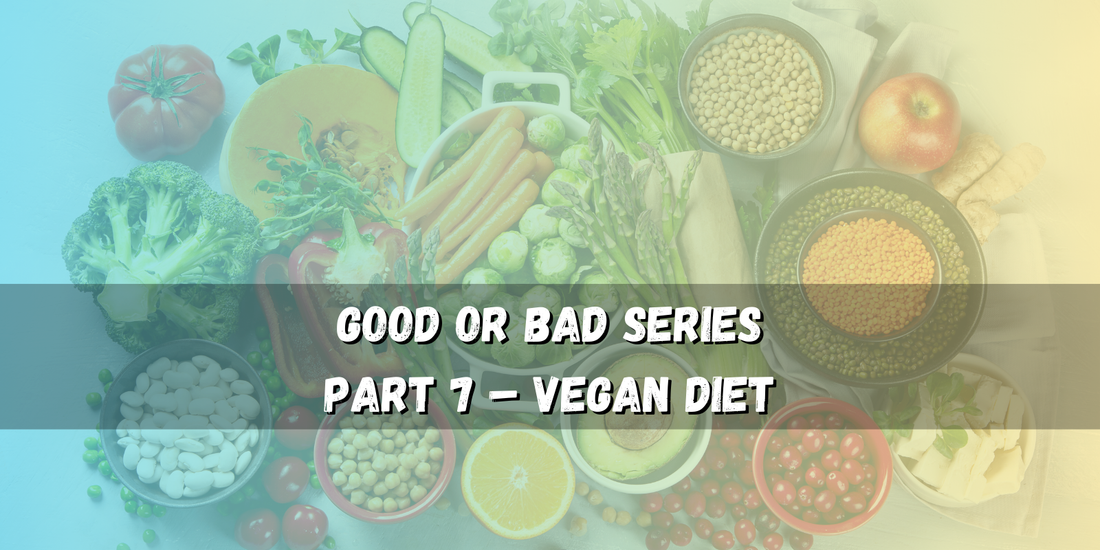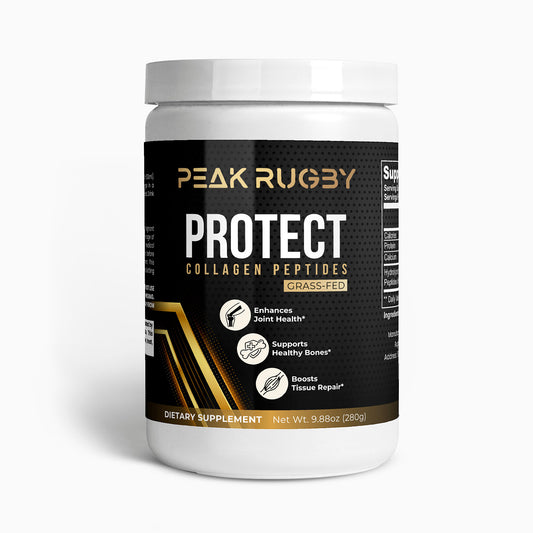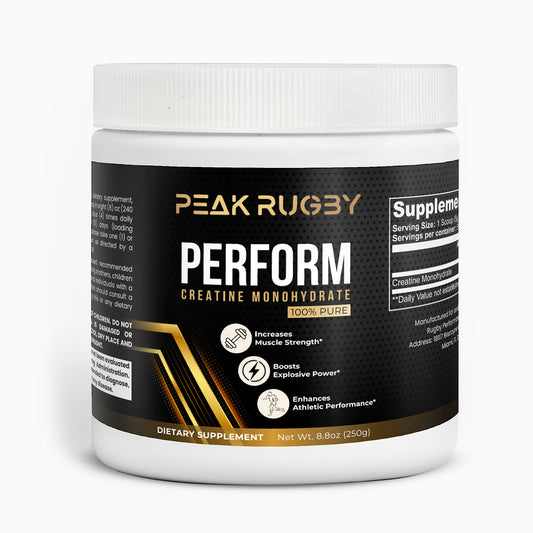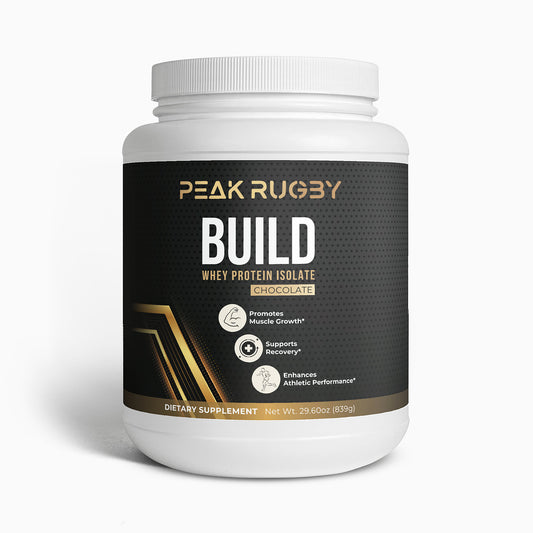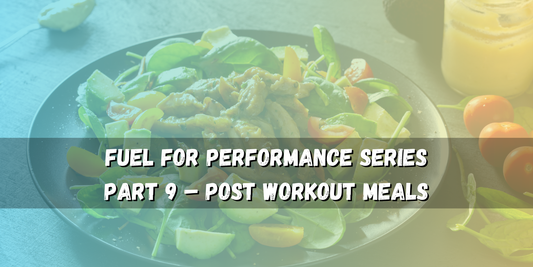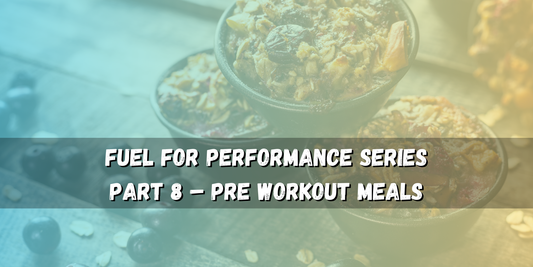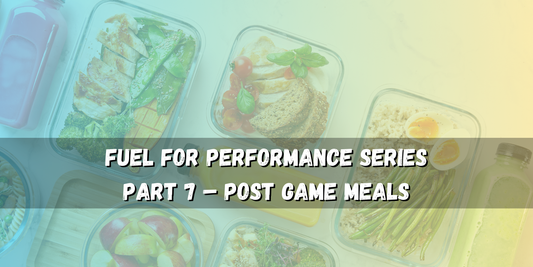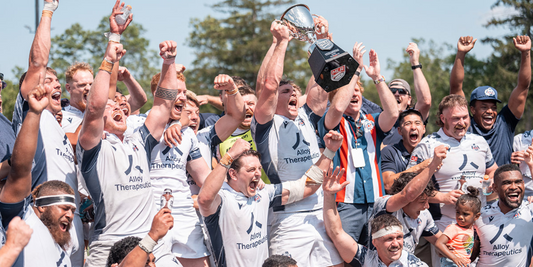The plant-based movement is growing fast—and more athletes are turning to vegan diets for ethical, environmental, or health reasons. You’ll see pro players, Olympians, and fitness influencers promoting it as the secret to clean energy, better digestion, and long-term recovery.
But is a 100% plant-based diet really enough to support strength, power, and muscle development—especially in a high-contact, high-output sport like rugby?
In Part 7 of the Good or Bad Series, we break down the pros and cons of the vegan diet for athletes and what it takes to actually make it work.
Here’s how the series looks:
- Part 1: Fasting – Good or Bad for Performance?
- Part 2: Dairy – Fuel or Flaw for Athletes?
- Part 3: Gluten – Cut It or Keep It?
- Part 4: Processed Foods – Fuel or Fail?
- Part 5: Raw Meats & Eggs – Hack or Health Risk?
- Part 6: Keto Diet – Can It Work for Athletes?
- Part 7: Vegan Diet – Enough to Perform?
- Part 8: Vegetarian Diet – Can You Build Strength & Power?
- Part 9: Pescatarian Diet – Balanced or Falling Short?
- Part 10: Carnivore Diet – Can Meat-Only Diets Boost Performance?
Let’s move to the next one: Vegan.
WHAT IS A VEGAN DIET?
A vegan diet excludes all animal products:
- No meat, fish, or poultry
- No eggs or dairy
- No animal-based supplements (collagen, whey, etc.)
It’s built around:
- Fruits and vegetables
- Whole grains and legumes
- Nuts, seeds, and oils
- Plant-based proteins (tofu, tempeh, seitan, pea protein, etc.)
Some athletes thrive on veganism. Others struggle with energy, recovery, and strength gains. The difference often comes down to how well it’s planned.
WHY ATHLETES TRY VEGAN
- Belief in anti-inflammatory benefits
- Concern for animal welfare or the environment
- Digestion issues with dairy or meat
- Influenced by documentaries or vegan athletes
- Seeking leaner body composition or better recovery
When done well, a vegan diet can feel lighter, cleaner, and easier to digest—especially after years of processed or animal-heavy eating.
THE CHALLENGES OF GOING VEGAN
1. Protein quality and quantity
- Most plant proteins are lower in leucine (the key amino acid for muscle growth)
- Harder to hit protein goals without volume overload (huge meals, more carbs)
2. Nutrient gaps
Difficult to get enough:
- B12
- Iron (bioavailable)
- Zinc
- Creatine
- Omega-3s (EPA & DHA)
- Vitamin D
3. Recovery and strength
Muscle building and post-training recovery often lag unless protein is tracked and supplemented carefully
WHEN VEGAN CAN WORK FOR ATHLETES
- You’re tracking macros, especially protein
- You’re supplementing wisely (B12, creatine, DHA, iron, etc.)
- You’re using high-quality plant protein (pea, rice, hemp blends)
- You’re not in a heavy bulking or max strength phase
- You’re consistent and cook most of your meals
If you’re strategic and disciplined, veganism can support general athleticism. But it requires extra attention and effort—especially for strength and contact sports like rugby.
WHEN IT’S NOT ENOUGH
- You’re trying to gain size or max out strength
- You’re eating mostly carbs and under-eating protein
- You skip supplements
- You’re eating lots of processed vegan foods (fake meats, sugary snacks)
- You’re training hard but recovering slowly, feeling flat, or always sore
Many athletes feel good at first, then hit a wall 4–8 weeks in—because they’re under-recovering and under-fueling without realizing it.
IS IT ENOUGH TO PERFORM?
Verdict: It can work—but only with serious structure.
A well-planned vegan diet can support basic fitness and moderate training. But for rugby players pushing for performance, size, or strength—it’s harder to get what you need without strategic supplementation and careful meal planning.
COACH’S TAKE
I’ve worked with vegan athletes who did great—and others who felt flat, weak, and under-recovered. The difference wasn’t mindset. It was structure.
If you’re going vegan, treat it like performance nutrition: plan, track, and supplement. Otherwise, it’s easy to fall short.
WANT TO TRAIN SMARTER AND FUEL BETTER?
Enter your email below to join the newsletter and get 15% off your first supplement order—plus free weekly tips straight to your inbox:
- Monday Training Tip: Strength, recovery, mobility, and performance routines
- Thursday Nutrition Tip: Meals, macros, supplements, and fueling strategies
If you found this article helpful, don’t forget to:
- Like and share this post with your teammates and fellow rugby fans
- Bookmark the blog to stay updated on the next rounds
- Follow @gopeakrugby on X and Facebook and subscribe to our Youtube Channel for more rugby analysis, match recaps, and insights

